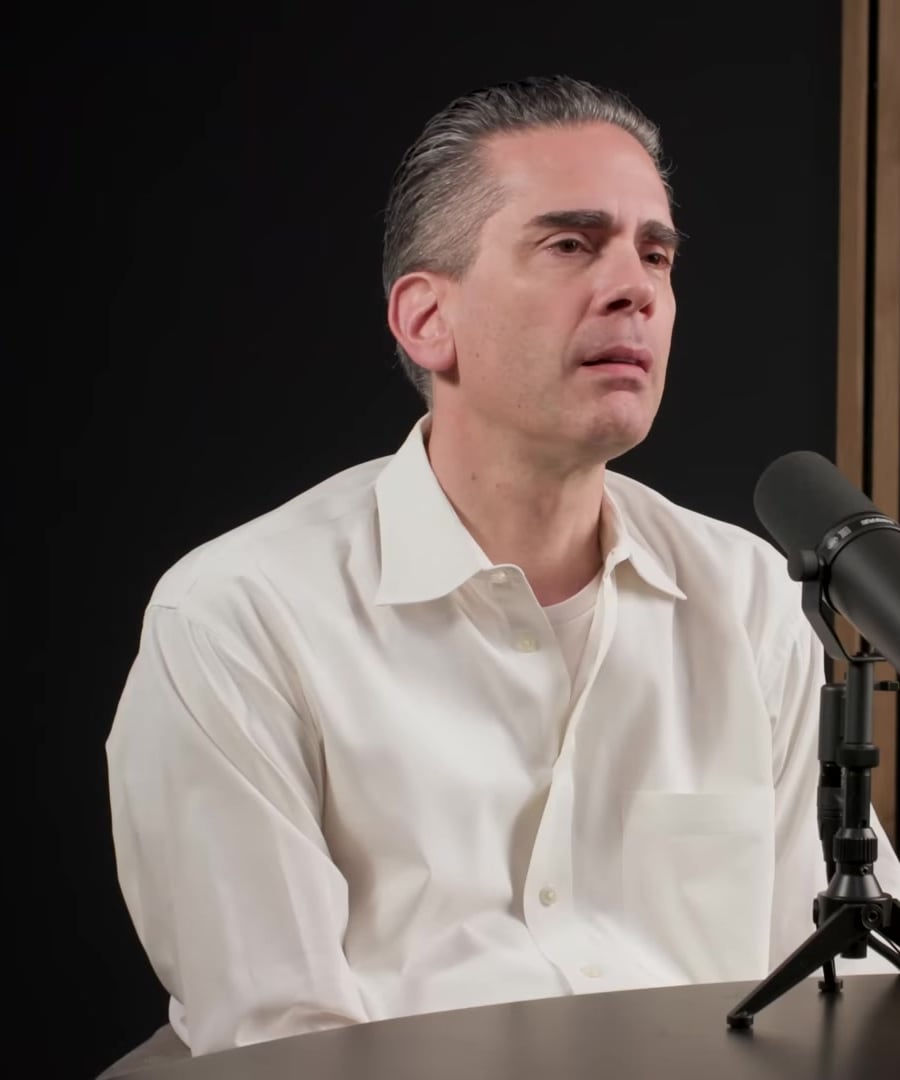What defines a healthy self?
Sources:
A healthy self, as discussed on the , is characterized by a deep sense of agency and gratitude. According to Dr. Paul Conti, these attributes are fundamental in defining a healthy self, regardless of one's life circumstances. Agency refers to the ability to act independently and make one's own choices, while gratitude involves appreciating what one has, rather than focusing solely on what is lacking. Together, these traits contribute to overall happiness and a robust engagement with life. These perspectives are drawn from various fields, including psychiatry, literature, and even religious teachings, all of which emphasize happiness as rooted in agency and gratitude 1.
Furthermore, the discussion highlights a strong parallel between maintaining physical and psychological health. Just as physical health is supported by various activities and dietary habits, mental health too requires nurturing through continual self-awareness and understanding. This involves recognizing and fostering the underlying elements of a psychologically healthy lifestyle, such as empowerment and humility. Mental health, much like physical health, relies on a well-understood structure and function of the self 2.
These concepts collectively emphasize that taking care of one's mental and psychological health is as critical and practical as caring for one's physical health.
RELATED QUESTIONS

